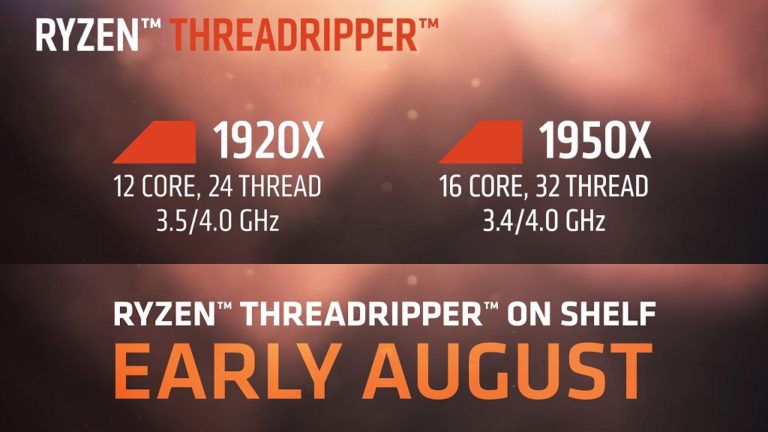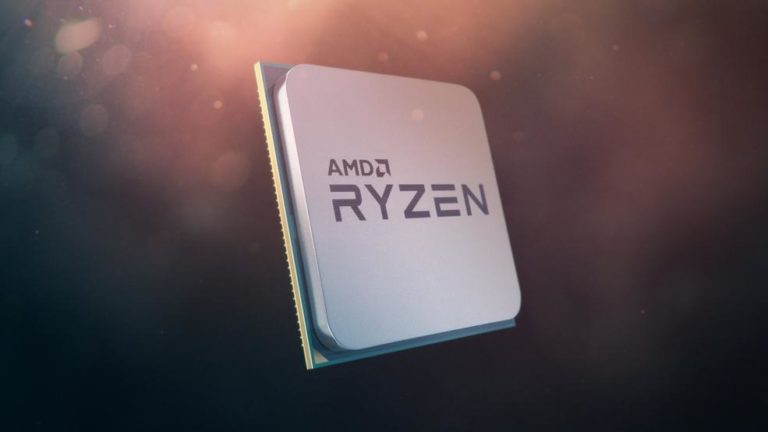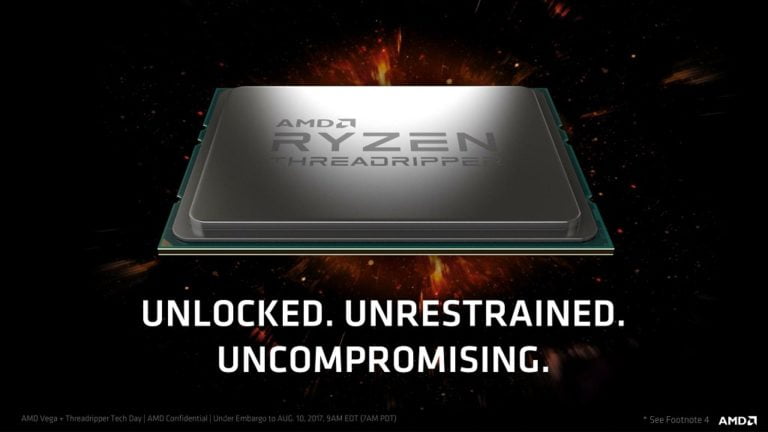AMD reportedly Issues AGESA microcode for Ryzen to improve RAM compatibility
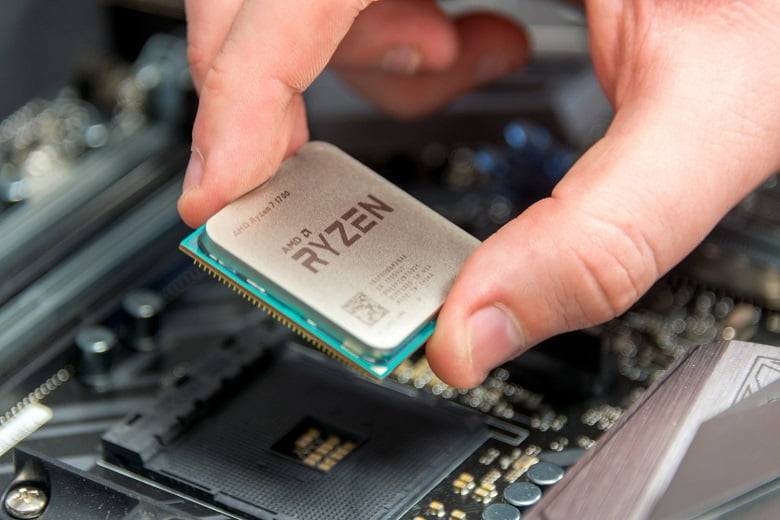
Reports are coming in claiming that AMD has already provided motherboard manufacturers with a new AGESA microcode for Ryzen, which they can incorporate into their UEFI versions. This new code is designed to improve the compatibility of RAM modules with the new AM4 platform.
AGESA stands for AMD’s Generic Encapsulated Software Architecture, which is defined as a protocol that is used on AMD64 mainboards to initialize important system components such as CPU cores, and memory. This should mean the new microcode will improve DDR4 memory support quirks with their Ryzen CPUs, which are reportedly having performance issues at high-frequency RAM.
Read More: AMD to unveil a new X399 16-core Ryzen CPU at Computex 2017?
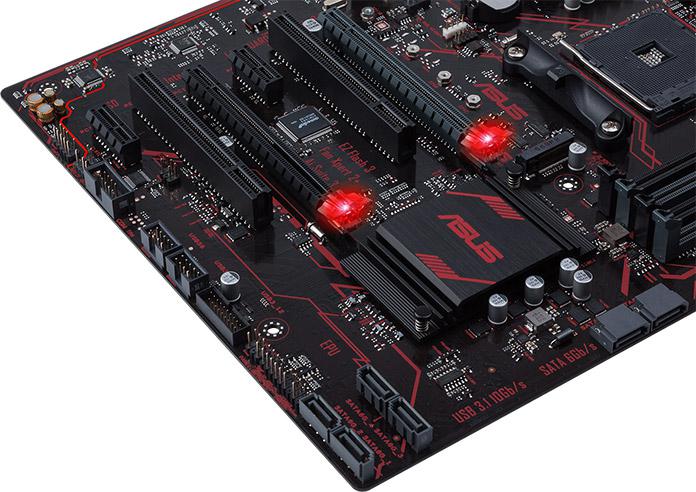
AMD has reportedly released the AGESA microcode for Ryzen, which should come our way within new UEFI/BIOS files for AM4 motherboard. This will however depend on how long it takes board makers to test the new microcode before making it available to users in their next UEFI update.
Some board players are expecting the microcode release to increase the clock speed of the existing RAM modules, and help achieve higher performance in games. AMD itself mentioned in its Gaming blog that higher data rate of your memory subsystem should alleviate possible bottlenecks related to their Data Fabric, and thus allow for increased performance in multiple scenerios.
In the same blog post, AMD announced it will push updates in regards to memory support to board makers this May. The updates would enable support for memory at speeds “higher than the current DDR4-3200 limit without refclk adjustments.” So it’s possible that the new AGESA microcode for Ryzen will fix memory-related errors rather than necessarily increasing the performance.
In related news, AMD has identified the root cause of Ryzen system crashes caused by a set of FMA3 instructions. The company will soon distribute BIOS changes to board makers to resolve the issue.
DON’T MISS: AMD Radeon RX 500 series to use 14nm LPP Polaris 20 and Polaris 21 GPUs >>

![[Roadmap] Intel Comet Lake, 10nm Elkhart Lake to launch in H1 2020](https://digiworthy.com/wp-content/uploads/2017/10/Intel-8th-Gen-Coffee-Lake-per-768x512.jpg)

